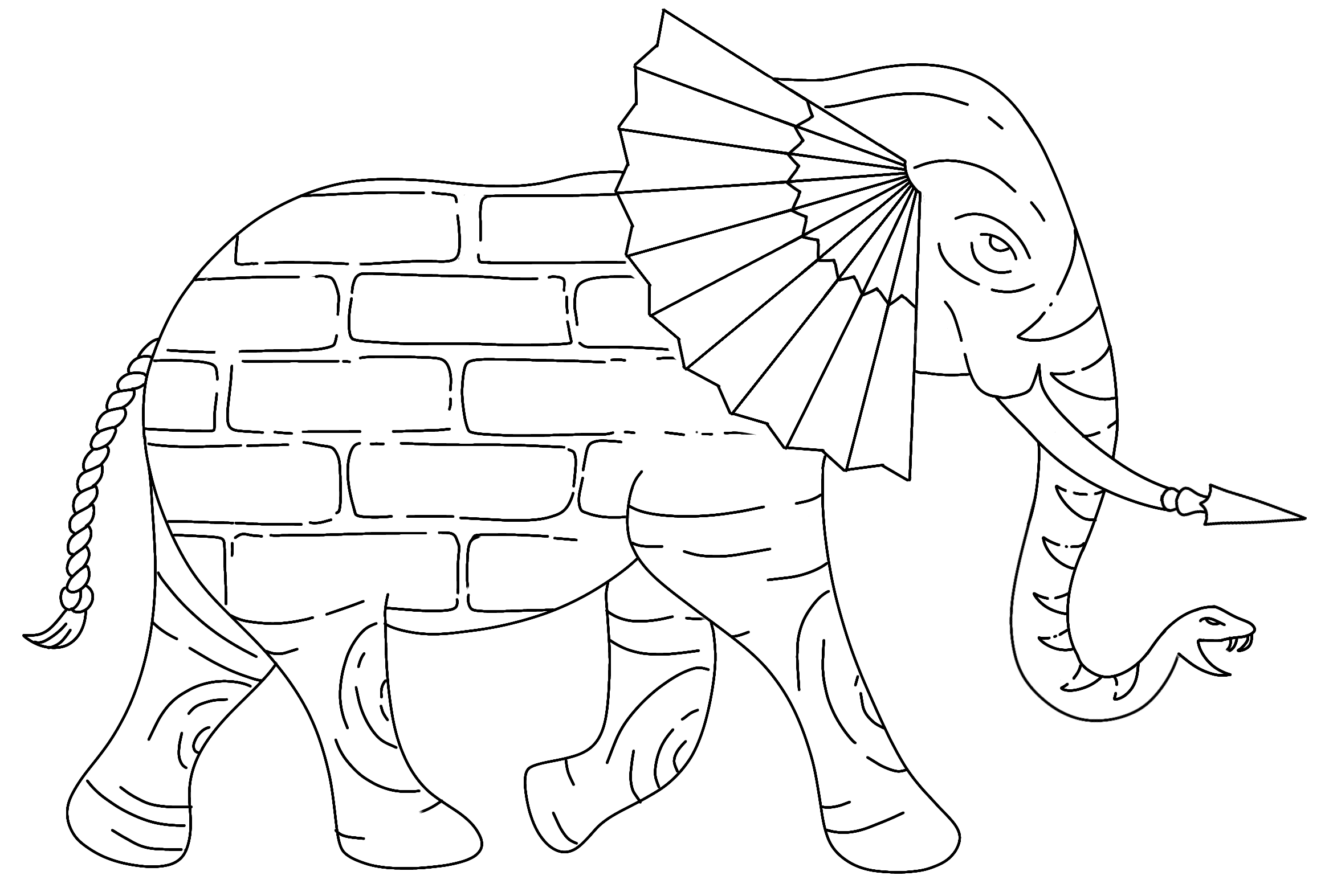Walk through human history, across virtually every culture, time period, and geographical location, and you’ll find something remarkably consistent: religion. Belief systems centered around deities, rituals, and the supernatural are not a niche phenomenon; they are woven into the very fabric of human civilization.
Why?
From a purely materialist standpoint – assuming for the sake of argument that there’s no literal divine intervention – this ubiquity demands explanation. Common answers point to the positive effects of community cohesion, the value of shared moral frameworks, the comfort found in meaning and purpose, or even the utility of religion as a tool for social control.
These factors are undoubtedly important. But they might overlook a more fundamental, almost brutally pragmatic, evolutionary driver: the raw power of the placebo effect.
The 15% Edge
Even within the strictest materialist paradigm, one psychological force remains undeniably potent: placebo. The belief that something will work – a sugar pill, a ritual, a prayer – demonstrably triggers real physiological changes. It can reduce pain, boost immune response, increase stamina, and enhance overall well-being. Studies often suggest this effect can account for roughly a 15% uplift in outcomes across various domains, from medicine to performance.
This isn’t magic; it’s biology. Belief activates internal mechanisms – neurotransmitters, hormones, psychological resilience – that generate tangible benefits.
Now, Consider the Crucible of History
Imagine two early human groups, living in a world of scarcity, danger, and frequent inter-group conflict. Their existence is precarious; survival is paramount.
-
Group A operates on a purely rational, materialist understanding of the world. They face challenges with courage derived from logic and observable reality alone.
-
Group B, however, holds a deep-seated belief. They believe a deity watches over them, that performing a specific ritual imbues them with strength, or that prayer grants them divine favor in battle.
All else being equal – resources, numbers, inherent fighting skill – which group holds the advantage when they inevitably clash?
Group B carries the powerful, intrinsic force of placebo. Their belief, whether “true” in a factual sense or not, translates into tangible benefits in high-stakes situations:
-
Increased Morale: Faith can foster unity and a shared sense of purpose, crucial for collective action.
-
Higher Pain Tolerance: Believing divine aid reduces the psychological impact of injury or hardship.
-
Greater Effort & Resilience: Conviction can push individuals beyond perceived physical limits. They might fight harder, endure longer, and bounce back faster from setbacks.
Compounding Advantage Over Generations
A 15% edge might seem modest in a single encounter. But evolution doesn’t operate on single encounters. It’s a game played over millennia, countless generations, and innumerable conflicts, famines, and migrations.
In this long-term struggle, a consistent 15% advantage in critical situations – battles won, hardships endured, successful hunts, recovery from illness – becomes decisive. Over time, the scales tip inexorably. The group harnessing the power of belief is statistically more likely to:
-
Win conflicts and acquire resources.
-
Survive environmental challenges.
-
Maintain cohesion and pass on their culture (including their beliefs).
-
Expand and absorb or displace competing groups.
The World We Inherited
Seen through this lens, the prevalence of religion today isn’t necessarily proof of its divine truth, but rather evidence of its profound evolutionary fitness. The societies that successfully leveraged the biological hack of placebo simply outcompeted and eventually replaced those that didn’t.
It’s entirely possible, even probable, that purely atheist or agnostic societies emerged throughout history. Perhaps they were once-religious groups that moved “beyond” belief. But lacking that internal 15% edge conferred by collective conviction, they were systematically disadvantaged in the harsh game of survival. They were likely conquered, assimilated, or simply faded away, leaving little trace in the historical or genetic record.
We look out at the world today and see cultures steeped in religious tradition not because it was the only way to think, but perhaps because, powered by the tangible force of placebo, it was the most successful way to survive and organize across the vast sweep of human history. The belief itself became an inherited advantage, a psychological technology that conquered the world long before swords or empires.
